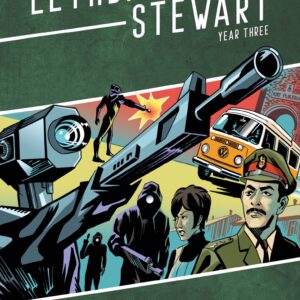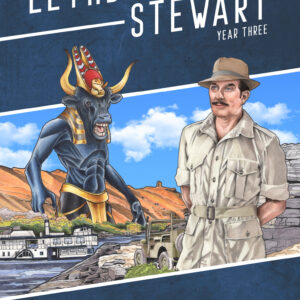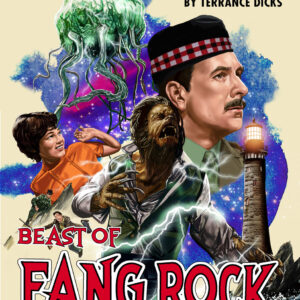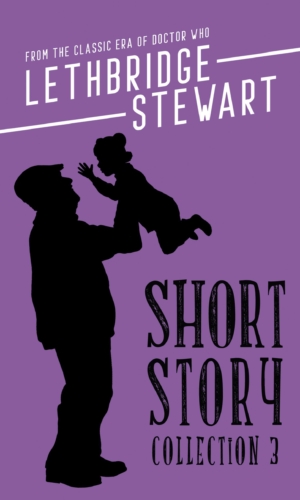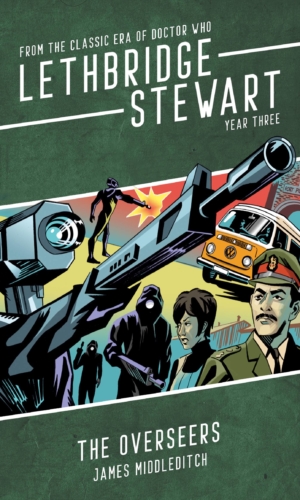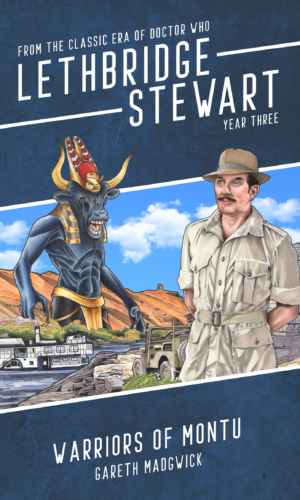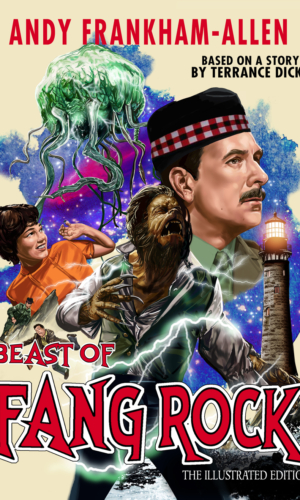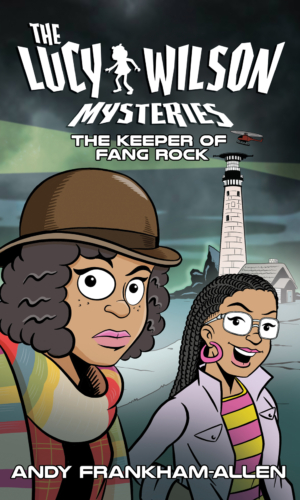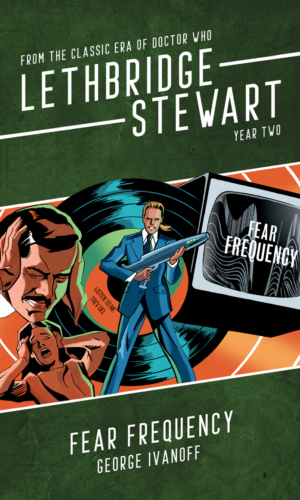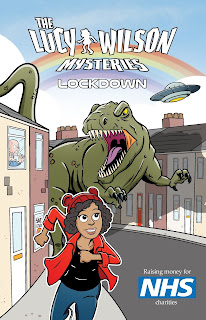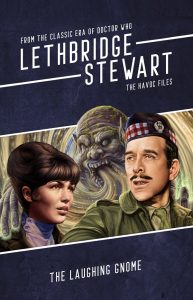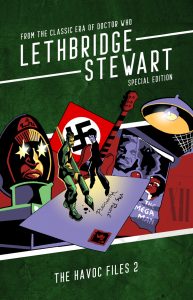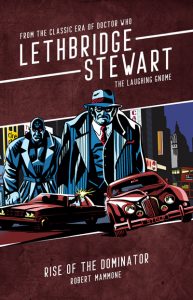Format: DVD
Warts & All: Big Bird!
Quote: A dream. Really, Doctor, you’ll be consulting the entrails of a sheep next.
Review: Atlantis sinks. We get that. Unfortunately, on the three occasions Doctor Who has dealt with this, the only time it’s worked well is when it was mentioned in passing. That was in The Dæmons. And the way this starts off with very dramatic prophetic dreams of doom, you’d think this could be a natural sequel.
But no. Despite this occurring only one season later, it has nothing to do with Dæmons. When you learn that Barry Letts had a hand in the writing, it’s even more remarkable that they’d overlook that spot of continuity, but hey, you know how easy it is to overlook tiny details when your room is a mess. This is interested in Atlantis, Greek myth, Time, Buddhism and being comedic, but it somehow fails to pull all those things together into a satisfying whole. After the melodramatic start, it does itself no favours by having the Doctor, fixated on finding the Master, somewhat dismissive of some project called Transition Of Matter Through Interstitial Time (TOMTIT) and utterly failing to think that possibly the Master could be involved. In a time experiment in 20th century Britain where the Master is known to be at large. Duh! And things kind of descend into farce from there, with what feels like a combination of the pantomime of which later eras were accused and ‘comedy’ more in keeping with Graham Williams’ tenure on the show.
Much of it is at least as cringeworthy as any cheap special effect, the likes of Benton in a nappy and sped-up shots of the Doctor’s car only lacking the music to lend it the full ‘Bessie Hill’ effect. Which is not quite as embarrassing as the acting efforts of some of the cast when asked to mime being stuck in slow-mo or when young tech, Stuart, is confronted with his accelerated decrepitude. Some of the ideas are good: the notion of gaps between time as a space inhabited by powerful and extremely dangerous creatures is a fascinating one, for instance, but when one of those god-like beings flaps about as a panto-birdman on wires all illusions of great possibilities are shattered. The use of TOMTIT (oooer, matron, tomtitter ye not) as a kind of time scoop, planting threats from history in UNIT’s path is okay, but the Master’s choices are odd – a mounted knight with a lance is crappy opposition to a vehicular convoy and a bunch of Civil War roundheads manage to engage modern army troops in a combat which really should have been much more one-sided.
The Doodlebug is the only smart move, but at one point it seems to imply the Master is controlling when it nosedives, only then for some farmer to reveal it came down exactly in the same spot a Doodlebug struck in the war. UNIT, including the Brig, are peripherally involved at best, used to ship the TARDIS and then spending much of the rest of the story caught in a time rift or whatever. Action shifts relatively late in proceedings to ancient Atlantis, where there is some fun to be had watching Delgado romance Queen Galleia (Ingrid Pitt), but the panto aspect is even further reinforced here, not helped by a Minotaur about as fearsome as Rentaghost’s Dobbin. The main elements of merit, for me, come in the form of the ideas played with between the two TARDISes – Time Ram (no, nothing to do with sheep) and the nested TARDISes (used again later in Logopolis) and Kronos works considerably better as a giant woman’s face in the CSO sky than it ever does as a man in a bird costume. Jo-Jo Grant disappears a bit in the CSO at one point, oops, and her decision to force the TARDISes into collision feels like a repeat of her self-sacrifice which destroys Azal in the Dæmons.
So ultimately I’m left with a sense of a confused mess of a handful of original ideas served up with a lack of originality and a hint of Carry On Third Doctor. TOMTIT? Translation Of Mythical Tropes Into Tripe.



